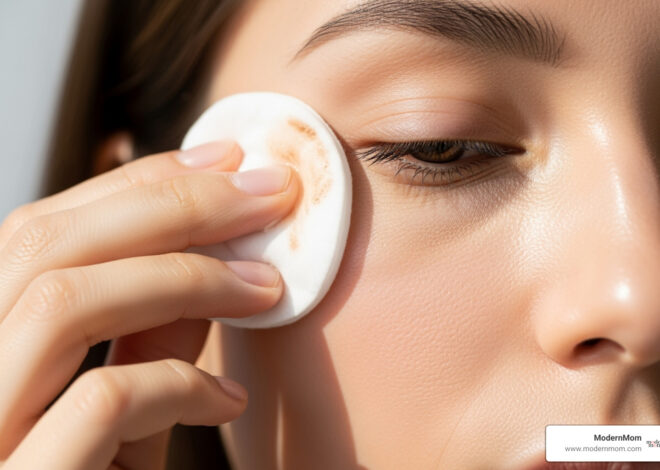What Are the Treatments for Dry Skin Acne?
If you have dry skin, your acne outbreaks worsen when moisture is scarce due to the drop in humidity and temperature. Your skin may become dry and irritated, causing your skin to itch and flake around the mouth, nose, shoulders and buttocks. Severe skin dryness may cause your skin to crack, leaving it vulnerable to the bacteria that causes acne. A daily routine of adding moisture to the skin will help offset this problem; you may need additional treatment if your acne persists.
Tea Tree Oil
Many acne treatments available on the market, especially those containing benzoyl acid or azelaic acid, can cause side-effects and may worsen acne conditions in dry skin. Fortunately, some products that contain tea tree oil do not have many of the side-effects that benzoyl and azelaic acids have, but they are still as effective in curing acne. Tea tree oil is an effective treatment for acne of all skin types. Tea tree oil is native to the northeast coast of Australia.
The Department of Dermatology at the Royal Prince Alfred Hospital in Australia conducted a randomized study of 124 individuals with mild to moderate acne. Researchers compared the effectiveness and tolerance of 5 percent tea tree oil with 5 percent benzoyl peroxide lotion. Patients in both groups had a significant reduction in inflamed and non-inflamed acne lesions (open and closed comedones) over the three-month period. In this study, however, 79 percent of people in the benzoyl peroxide group experienced side effects, such as burning, stinging and dryness. Fewer side effects were observed in the group that used tea tree oil.
Start applying tea tree oil with a mild dose. Experiment with just a small part of your skin. Opt for a lower dose if you see skin irritation or redness. Choose a product that has aloe vera gel content, which can help prevent skin irritation and moisturize dry skin.
Antibiotic Lotion
Antibiotic lotion can reduce acne on the surface of skin and within hair follicles. It has anti-inflammatory properties, which makes it ideal for all types of skins, especially dry skin. The most common types of antibiotic lotions are clindamycin, erythromycin, salicylic acid and sulfonamides. Antibiotic lotion works best as part of a combination regimen for mixed inflammatory and comedonal (plugged pores) acne. Apply once or twice daily for best results. It may take four to eight weeks before you see results.
Oral Antibiotics
If the topical treatments do not cure your acne, you may need a short course of prescription oral antibiotics to reduce bacteria and fight inflammation. Your doctor may prescribe oral antibiotics if you are suffering from moderate to severe acne. In some cases, he may even advise using topical treatments with oral antibiotics to reduce the risk of developing antibiotic resistance. Upset stomach, dizziness and skin discoloration are the common side effects of antibiotics. Follow your doctor’s prescription until he tells you to stop. Sometimes, antibiotics take time to work. Your doctor may advise that you taper off the medication if you show improvement or will advise you stop it completely if acne persists up to four months of taking medications.




